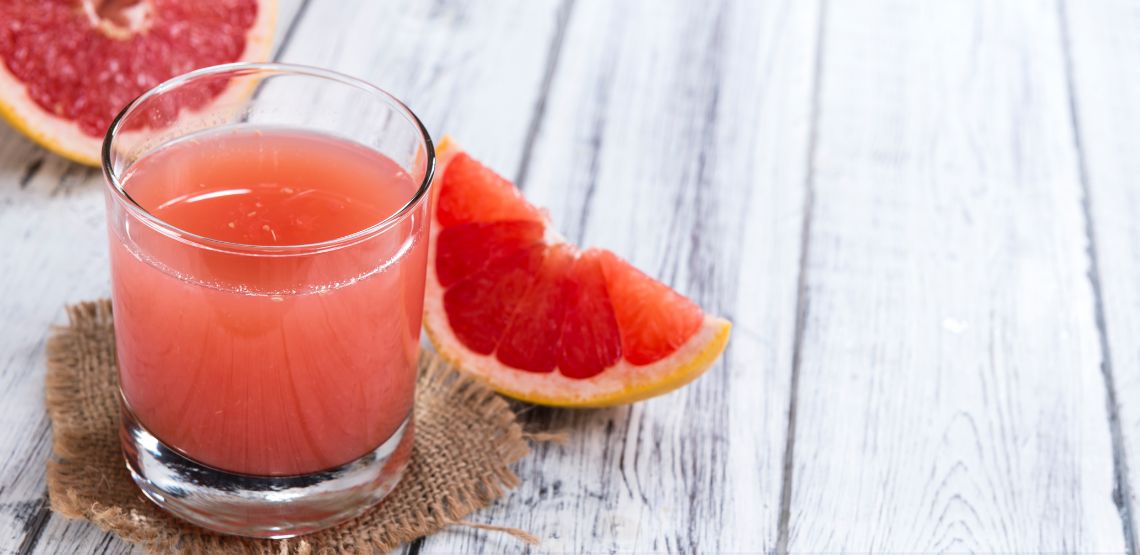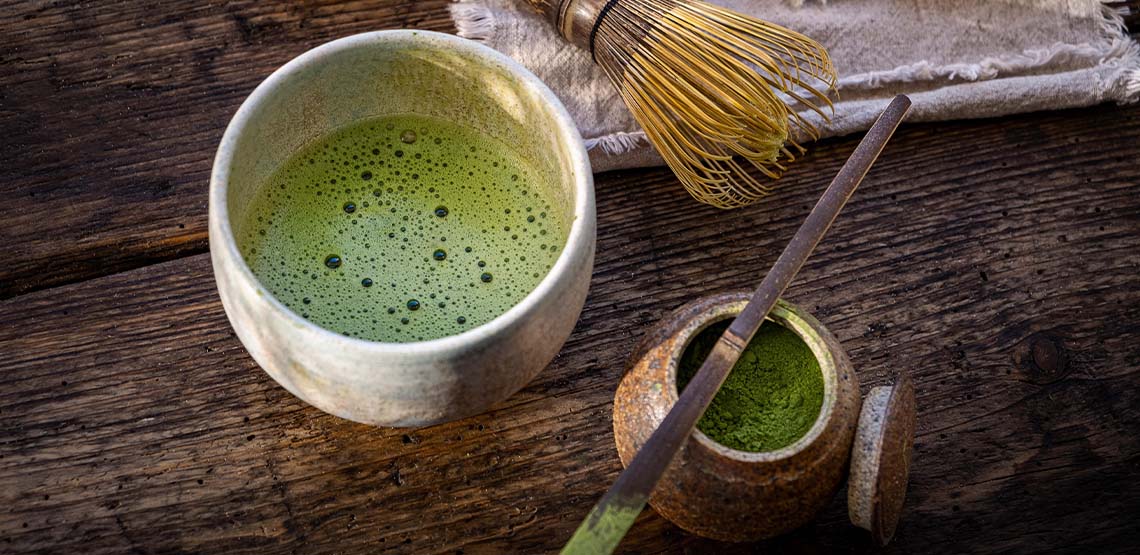Alleviate Symptoms by Avoiding These Drinks
Certain drinks can make COPD symptoms worse by increasing inflammation, dehydration or triggering acid reflux. Here’s a look at drinks to avoid if you’re managing COPD and why they may negatively impact your condition.
1. Sugary Sodas
Sugary sodas, loaded with artificial sweeteners, sugar and carbonation, are best avoided by individuals with COPD. Excessive sugar can lead to weight gain, which can strain the lungs and make breathing harder. Moreover, carbonation produces gas in the digestive tract, leading to bloating and putting extra pressure on the diaphragm, making breathing more difficult. Studies have shown that high sugar intake may increase inflammation in the body, worsening COPD symptoms. Instead, opt for unsweetened beverages that won’t contribute to bloating or inflammation.
2. Alcoholic Beverages
Alcohol, especially in large amounts, is not ideal for those with COPD. Alcohol can lead to dehydration, which thickens mucus in the lungs and makes it harder to expel. Alcohol also depresses the central nervous system, potentially slowing down breathing and reducing lung function, particularly in heavy drinkers. Beer and champagne, being carbonated, also pose the risk of bloating. For individuals taking medications to manage COPD, alcohol can interact negatively, diminishing their effectiveness or causing harmful side effects. If you choose to drink, consult your doctor and do so in moderation, and avoid beer or sparkling wines.
3. Dairy-Based Drinks
Dairy can increase mucus production in some individuals, which may make breathing more difficult for those with COPD. Though it doesn’t cause mucus production in everyone, many people with COPD notice that dairy can make phlegm feel thicker or more difficult to clear. Milkshakes, creamy smoothies and other dairy-heavy drinks can exacerbate this effect. Try using non-dairy alternatives like almond or oat milk if you enjoy creamy beverages, and observe how your body responds to minimize any discomfort.
Related Search Topics (Ads)
4. Energy Drinks
Energy drinks contain high levels of caffeine and sugar, which can negatively affect COPD symptoms. The excessive caffeine found in these drinks can lead to dehydration, causing the mucus in your lungs to thicken. High caffeine intake can also cause jitteriness, heart palpitations and anxiety, all of which can make breathing feel more challenging. Energy drinks are often loaded with sugar as well, which can contribute to weight gain and inflammation. Instead, opt for natural sources of energy, such as nutrient-rich foods and staying hydrated throughout the day.
5. Caffeinated Coffee and Tea
While coffee and tea in moderation may not harm everyone with COPD, large amounts of caffeine can lead to dehydration and exacerbate shortness of breath. Dehydration thickens mucus, making it harder to clear from the lungs. Additionally, caffeine can cause acid reflux in some people, which can worsen COPD symptoms. Acid reflux can lead to stomach acid irritating the airways, known as gastroesophageal reflux disease (GERD), which is common among people with COPD. For a hot beverage, consider opting for decaffeinated coffee or herbal teas.
6. Citrus Juices
Citrus fruits, while healthy, can trigger acid reflux, especially in individuals prone to GERD. Orange juice, grapefruit juice and lemonade are acidic and can irritate the lining of the stomach and esophagus, causing acid reflux that can worsen COPD symptoms. Acid reflux can lead to stomach acid entering the airways, causing coughing, shortness of breath and discomfort. If you enjoy juice, try milder options like apple or pear juice, and consume them in moderation to prevent potential reflux.
7. Cold and Icy Beverages
Cold or icy drinks can cause the muscles in the respiratory tract to tighten, which may lead to coughing and breathing difficulty, especially for those sensitive to temperature changes. Icy drinks can also exacerbate the sensation of tightness in the chest and trigger bronchospasms in some individuals with COPD. Instead, try drinking water at room temperature or slightly warm herbal teas, which can soothe the throat and help with hydration.
8. Sparkling Water
While often considered a healthier alternative to sugary sodas, sparkling water can cause bloating due to its carbonation. Bloating can add pressure on the diaphragm and make breathing more challenging. For someone with COPD, this added pressure can make it harder to expel air from the lungs, leading to breathlessness. Stick to still water if you want a refreshing drink, as it provides the same hydrating benefits without the risk of bloating.
Tips for Hydration with COPD
- Drink plenty of water: Staying hydrated is essential for thinning mucus and making it easier to clear from the lungs.
- Herbal teas: Herbal teas, especially those without caffeine, can be soothing and hydrating. Ginger tea, chamomile and licorice root tea can be calming for the throat and may help reduce inflammation.
- Smoothies with non-dairy bases: If you enjoy smoothies, opt for non-dairy milk bases and add ingredients rich in antioxidants, like berries and leafy greens, which can support lung health.
- Limit caffeine intake: When possible, reduce caffeinated drinks and replace them with naturally caffeine-free beverages.


